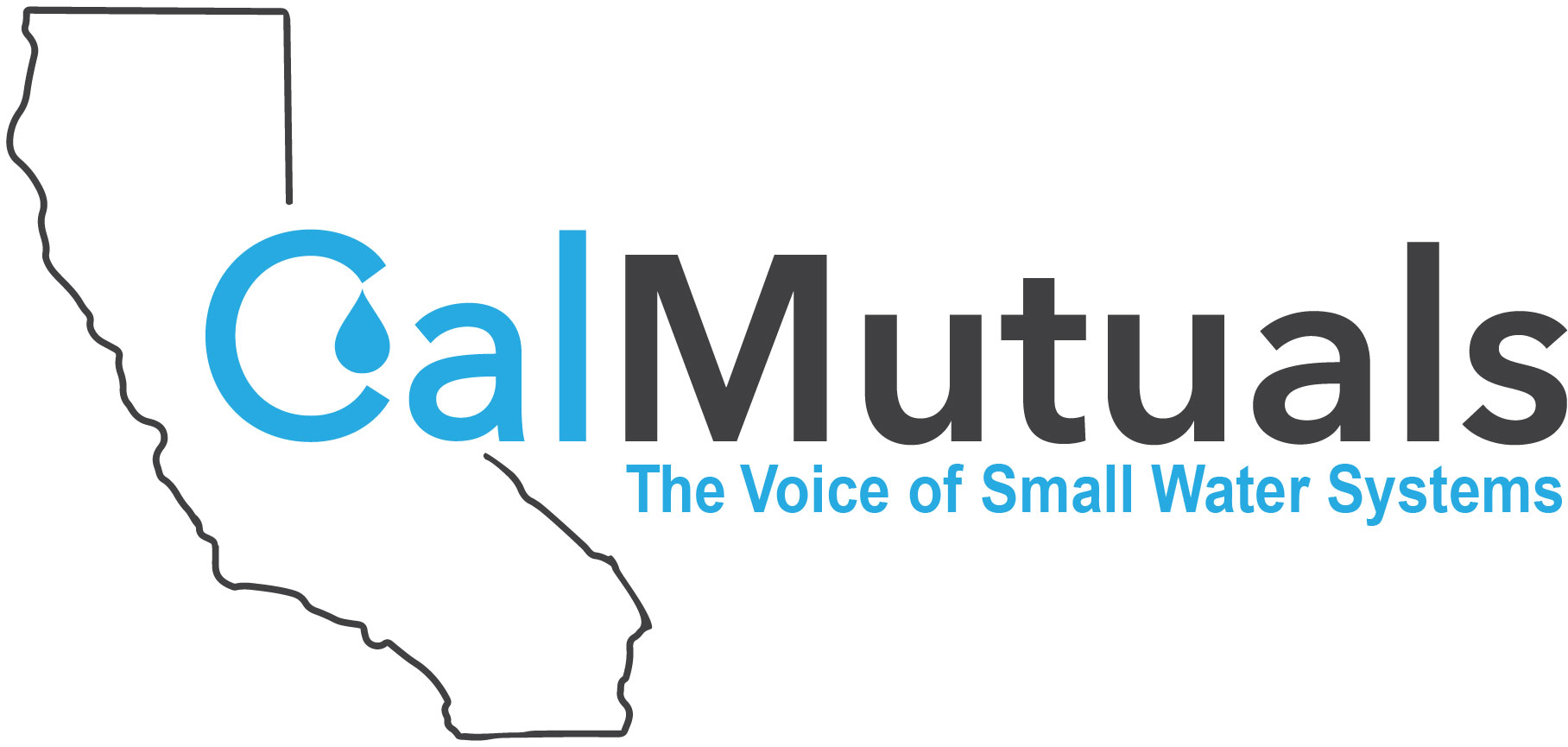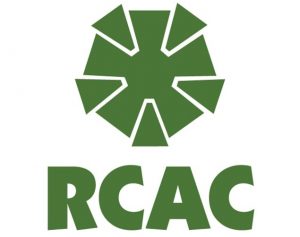Webinar | Resiliency & Vulnerability Planning – Part 2/2
Webinar OnlyThis course is now offered as an online training. It is recommended to take both parts on the same day. Part 1 will take place from 10:00am to 12:00pm and Part 2 will take place from 2:00pm to 4:00pm. Please follow the links below to register for each part separately. In part one of this series you learned about pre-hazard mitigation planning and how to reduce drinking water system vulnerabilities. In part two, we will provide water system personnel with the information and resources needed to respond preemptively and proactively to most emergency situations. A water system emergency is any situation which causes water outages, unsafe drinking water, or any harm to humans or animals. The emergency may have been created by a fire, flood or vandalism and having a written response plan, lines of communication and mutual aid agreements in place prior to an emergency will provide an avenue for thoughtful response. Participants will learn: How to develop an emergency response plan and identify the eight core elements required in the ERP How to assess vulnerability and complete risk ranking as we introduce the concept of the vulnerability assessment The benefits of mutual aid agreements Where to look for resources to complete a […]



